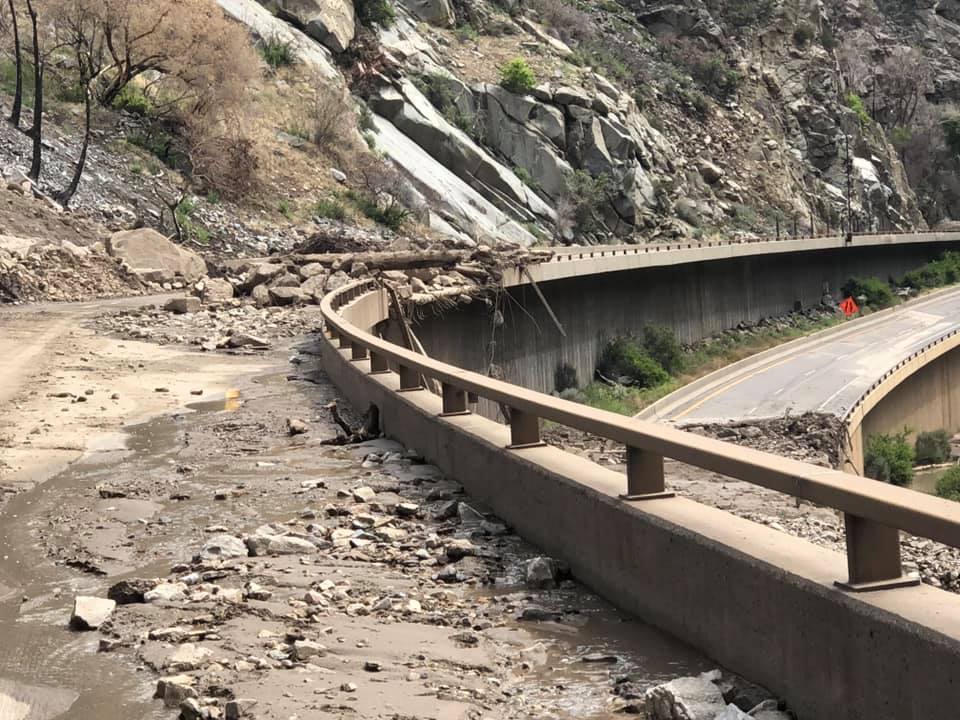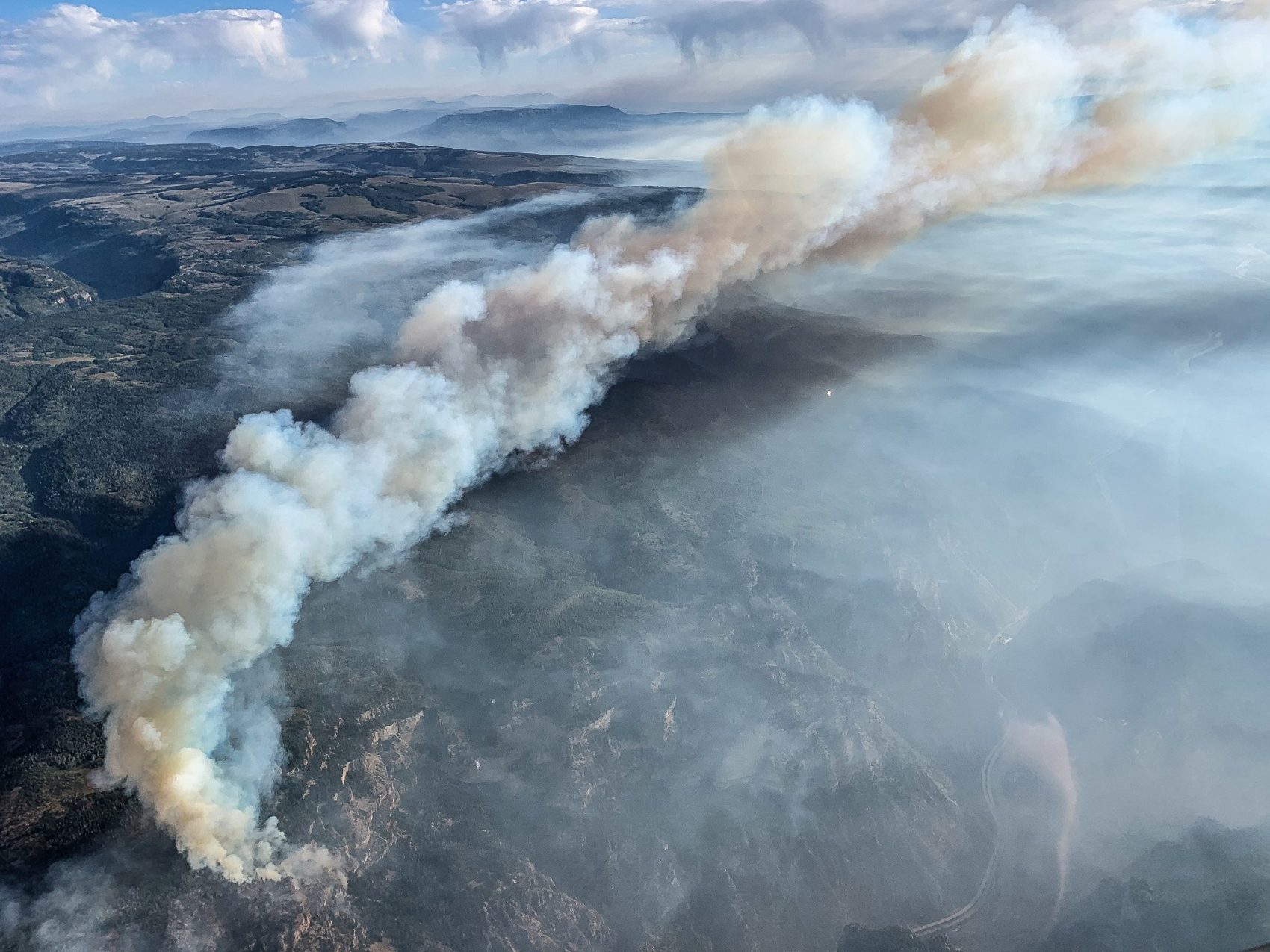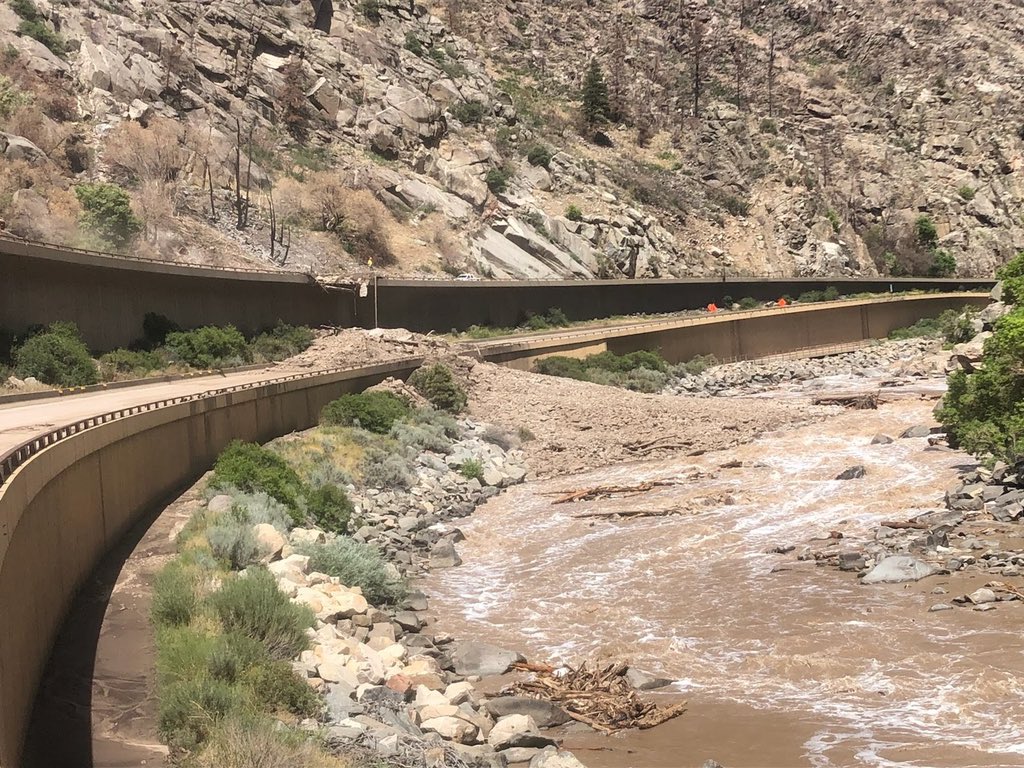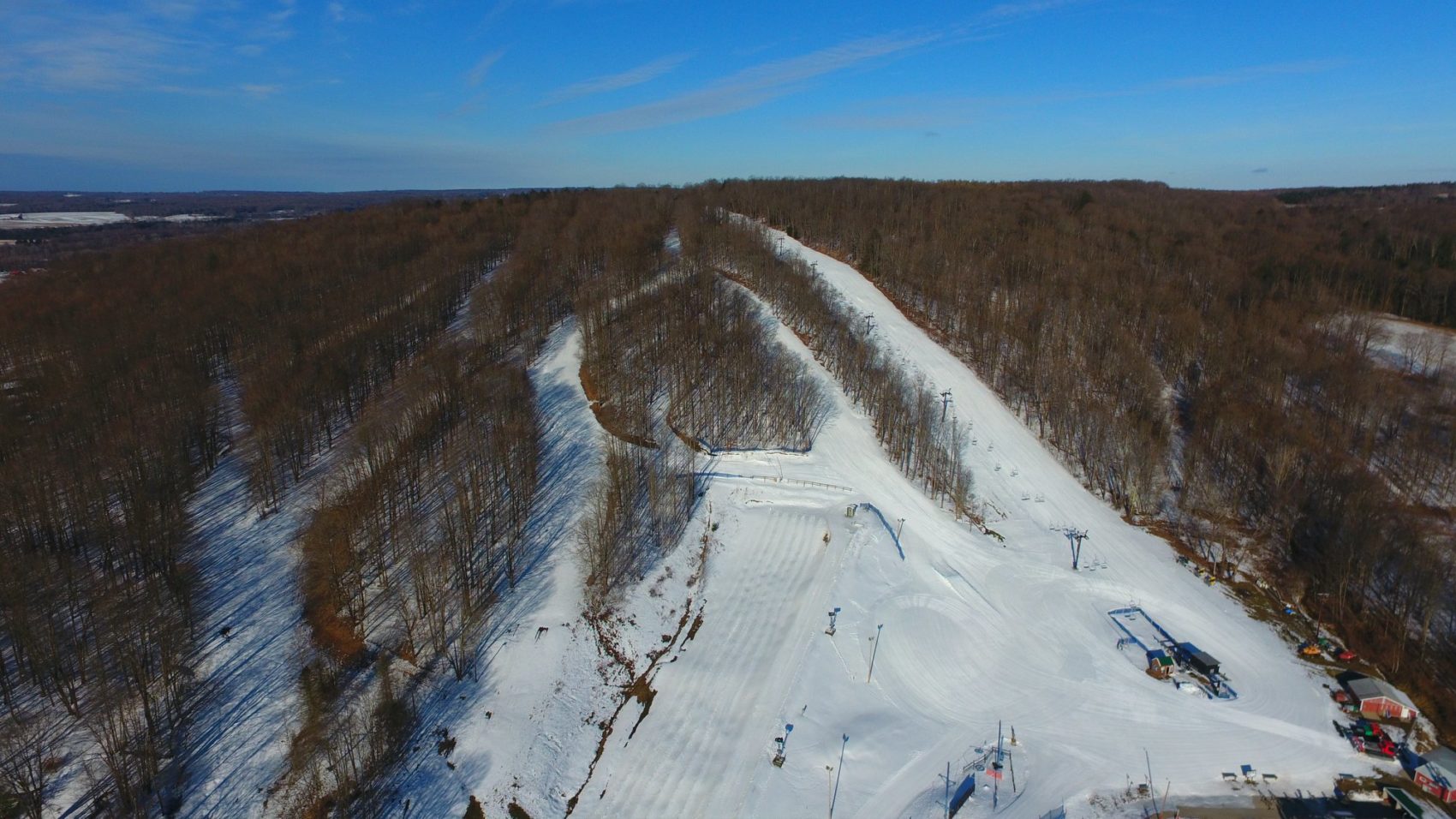
After an intense 2020 fire season in Colorado, the summer of 2021 has seen record levels of rainfall. This is an extremely costly combination:
“The threat of wildfires can be felt long after the flames have been extinguished. As forests and hillsides are charred, damage to trees, plants and the soil can create the potential for flooding and mudslides during a rainstorm.”
Last year, on August 10, 2020, the Grizzly Creek Fire ignited in Glenwood Springs, Colorado, and was not 100% contained until December 18, 2020. Although there is no clear answer as to how exactly this fire started, it was declared that it was human-caused and burned for 32,631 acres. The Grizzly Creek Fire shut down the highway for nearly two weeks and residents of the area were forced to evacuate.

Implications from the Grizzly Creek Fire are still being felt today and are impacting commerce, tourism, and residential living in Colorado. Constant rainfall has led to the “rainiest July in 10 years” in many parts of Colorado, and in turn, there have been countless mudslides, especially in Glenwood Canyon on the burn scar of the Grizzly Fire. “There are areas that are under 10 feet or more of mud at this point,” said Governor Polis, and he does not expect the Interstate to be fully functioning again until ski season.
The full extent of the damages to the Interstate is unknown, however, they are visible and clearly very expensive. So, under the Stafford Act of 1988, Governor Jared Polis will declare a state of emergency that will hopefully bring the needed funds to help clear up the highway. The Colorado State Patrol is already working with the Army Corps of Engineers, construction crews, and helicopter crews to clear the debris, but there are other problems that need to be taken care of as well:
“The slide not only covered the road, but filled the Colorado River and diverted the water, creating even more issues.”
Construction on other Colorado roadways has been delayed to allow for detours “up to Steamboat Springs, and truck drivers are urged to take Interstate 80 through Wyoming.” Independence Pass is an alternative route that residents can take, but it is unreliable as it reaches an altitude of over 12,000 feet and is a one-lane road in several areas.
The highway has already been shut down for four days and the federal government will likely not be of help for at least a few weeks. Luckily, Colorado has dealt with problems like this before and is better prepared for these types of issues than other states, but this is one of the most serious mudslides that the state has ever seen, and there are no one-size-fits-all solutions. Coloradans are putting a lot of trust in Polis, hoping that they can get the federal government to work with him to clear up this mess and reopen Interstate 70 in a timely fashion.





